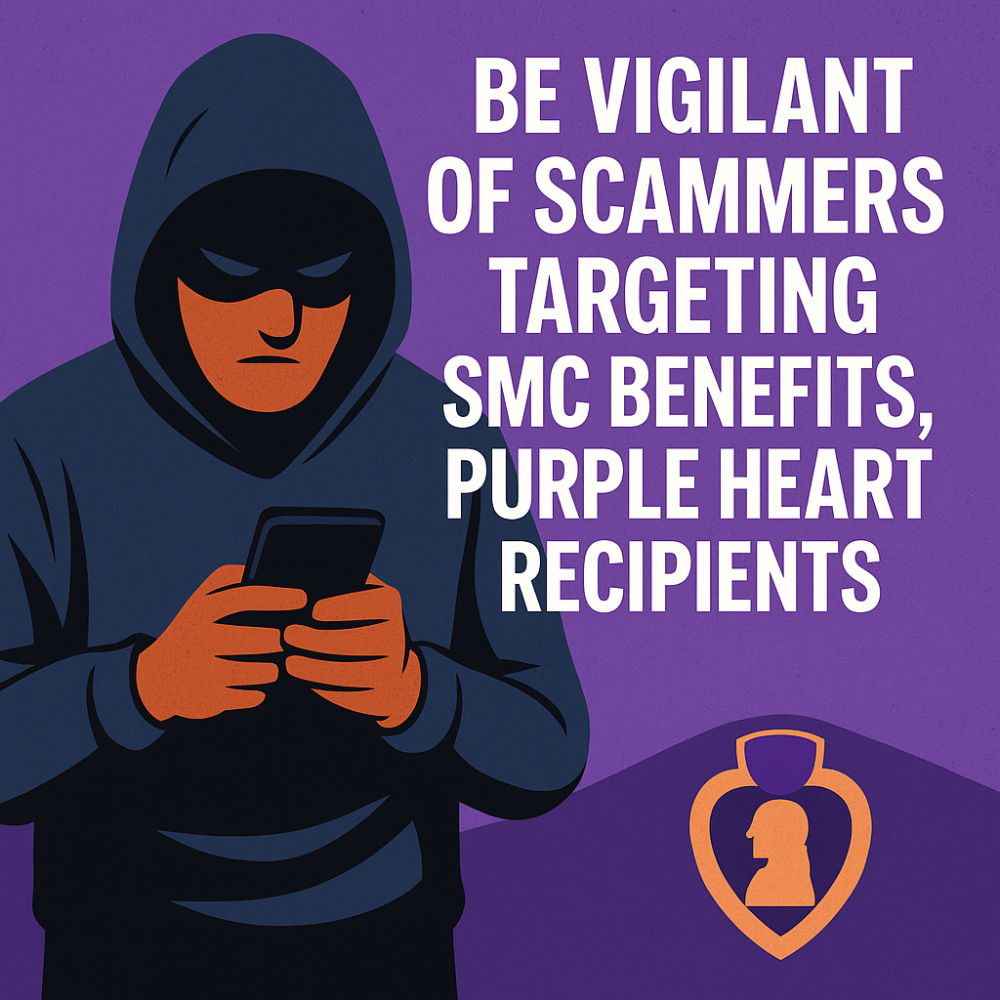According to the American Tinnitus Association, approximately 50 million Americans suffer from tinnitus. Of these 50 million, about 20% are veterans. Tinnitus is a condition that causes a ringing, buzzing, or whooshing sound in one or both ears. The sound can be soft or loud, and it can last for a few minutes or for hours at a time. For many people, tinnitus is a minor annoyance. But for others, it can be debilitating. If you’re a veteran dealing with tinnitus, there are some things you should know.
1. Tinnitus is common among veterans.
If you’re a veteran suffering from tinnitus, you’re not alone. In fact, according to the American Tinnitus Association, 20% of all tinnitus sufferers are veterans.
When you enter the service you take a hearing test and that is your baseline hearing test. When you leave the service you should have another hearing test, that will prove any service related hearing loss. I had hearing loss upon exiting after 20 years. However, I didn’t apply for any disability until over 14 years after discharge.
What I didn’t realize was that with a combination of tinnitus and hearing loss I was able to qualify for 20% disability. What that means is that the disability part of your retirement pay is not taxed. So, by all means if you have suffered hearing loss while in the service be sure to file a claim with the VA.
While working overseas as a contractor I was able to file a claim with the VA. The VA then appoints a civilian doctor in the local economy to perform a hearing test. The VA pays all the doctor’s expenses, but not transportation to see the doctor.
With the documented hearing loss I was also able to receive hearing aids through the US military medical facility here in Germany.
2. Causes of tinnitus
Veterans may develop tinnitus as a result of exposure to loud noise from military equipment and training exercises, as well as head injuries sustained in combat. Even some medications can also cause tinnitus.
3. Effects of Tinnitus on Veterans
Tinnitus can have a profound effect on veterans’ lives. Veterans with tinnitus may have trouble sleeping, concentrating, or remembering things. They may feel anxious, irritable, or depressed. They may avoid social situations because they’re embarrassed by their condition or afraid that they won’t be able to hear what others are saying. In severe cases, tinnitus can lead to suicidal thoughts or attempts.
4. Tinnitus can be treated.
While there is no cure for tinnitus, there are treatments that can help lessen the symptoms and make it more manageable. These include Sound therapy Neuromonics Treating any underlying conditions that may be contributing to the tinnitus (e.g., hearing loss)
5. Resources Available
There are resources available to help veterans with tinnitus. The Department of Veterans Affairs (VA) offers resources and benefits to help veterans deal with tinnitus. These include disability compensation, health care, and education and training opportunities.
VA Benefits for Veterans with Tinnitus
The VA provides disability benefits for veterans with tinnitus. To qualify for benefits, veterans must have been diagnosed with tinnitus by a VA doctor or an approved private doctor. They must also prove that their tinnitus is related to their military service. The amount of benefits varies depending on the severity of the condition and the effects it has on the veteran’s ability to work and function in daily life. In some cases, veterans may also qualify for other types of benefits, such as healthcare or education benefits.
Conclusion:
If you’re a veteran dealing with tinnitus, know that you’re not alone—approximately 20% of all tinnitus sufferers are veterans. While there is no cure for tinnitus, there are treatments that can help make it more manageable. And finally, there are resources available to help veterans with tinnitus through the Department of Veterans Affairs (VA). The VA provides disability benefits for veterans with tinnitus who meet certain eligibility requirements. If you think you may be eligible for benefits, contact your local VA office today.
For more information on Tinnitus see National Center for Rehabilitative Auditory Research
Be sure to look around Marine Helping Veterans, as I continue to find ways to help out my fellow American veterans.




Leave a Reply